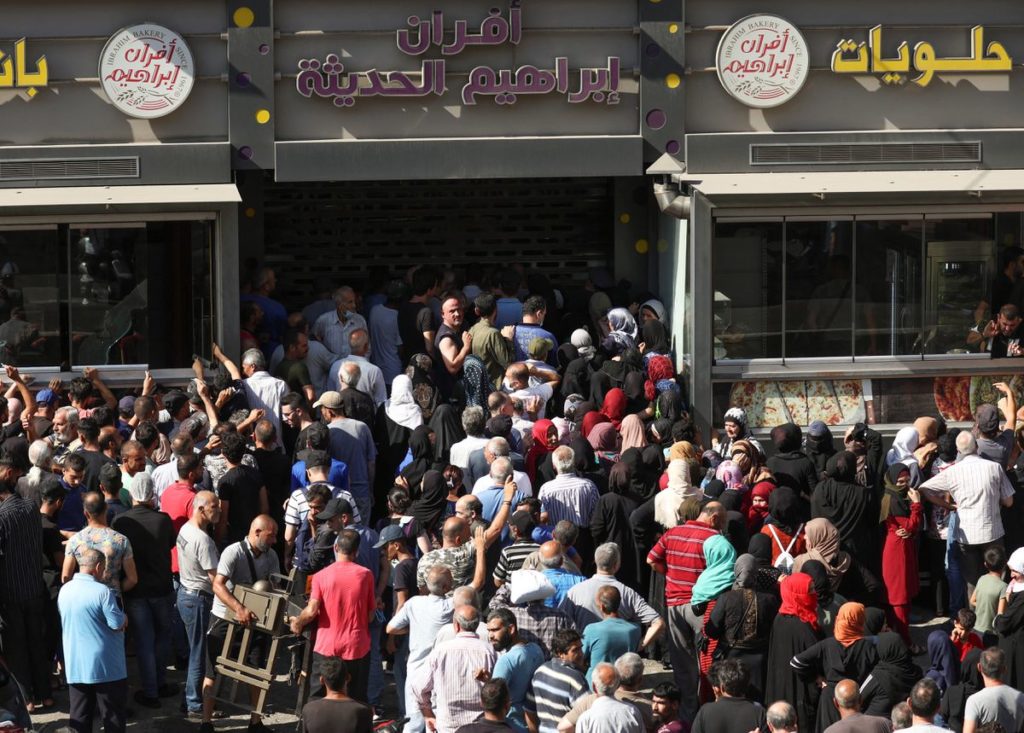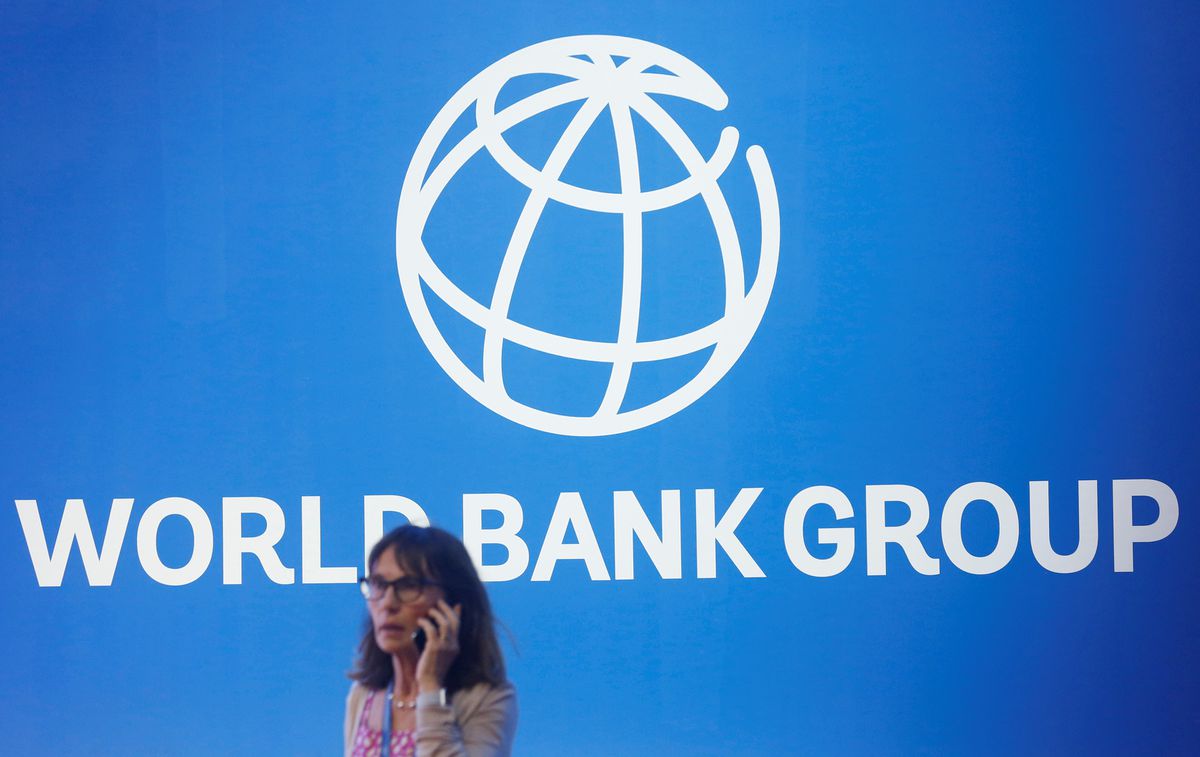
BEIRUT (AP) — The World Bank approved a $300 million additional financing to Lebanon’s poor, providing cash payments to help families struggling through the country’s historic economic meltdown, institution said in a statement Friday.
The new financing comes two years after the World Bank approved a $246 million loan to Lebanon to provide emergency cash assistance to hundreds of thousands in the tiny Mediterranean nation of 6 million people.
Lebanon is in the throes of the worst economic and financial crisis in its modern history. The meltdown, rooted in decades of corruption and mismanagement by Lebanon’s ruling class, began in October 2019 and has left more than three quarters of Lebanon’s population in poverty.
“The additional financing will enable the Government of Lebanon to continue to respond to the growing needs of poor and vulnerable households suffering under the severe economic and financial crisis,” said Jean-Christophe Carret, World Bank Middle East Country Director.
The World Bank said the additional financing will provide cash transfers to 160,000 households for 24 months, including current beneficiaries. Eligible households will receive up to $145 per household, the bank said. The project is jointly handled by Lebanon’s Ministry of Social Affairs and the World Food Program.
The Lebanese pound has lost more than 98% of its value at the start of the economic crisis, leaving many of the country’s residents, including 2 million Syrian refugees, in need for help.
The World Bank announcement came after a separate announcement by the U.N. refugee agency and the WFP on Wednesday that they will start making aid payments to refugees in Lebanon in dollars, rather than in Lebanese pounds, with a maximum of $125 per family per month.
Since the collapse of Lebanon’s currency, the UN agencies had been paying assistance to refugees in Lebanese pounds. Before the change announced this week, refugee households received a maximum of 8 million pounds per month, worth about $80 at the current exchange rate.
However, “the rapid depreciation of the pound, increased fluctuations of the exchange rate, and the strain on the financial provider in supplying large volumes of cash in Lebanese pounds” led to the change, UNHCR and WFP officials said in a statement.
U.N. officials said the change had been made in consultation with the Lebanese government. But Lebanon’s caretaker Social Affairs Minister Hector Hajjar said that Beirut opposes paying Syrian refugees in U.S. dollars.
“We rejected this because paying Syrian refugees in (U.S.) dollars would make them stay in Lebanon,” Hajjar said. He added that most of the Syrian refugees in Lebanon are “economic refugees and not refugees who fled because of security and political reasons.”
Sentiments against Syrian refugees in Lebanon have been on the rise since the economic crisis began and since government forces took control of much of the neighboring country.
Some Lebanese now say that it is safe for many of the Syrian refugees to return home. In recent weeks, the Lebanese army launched a series of raids on refugee settlements, arresting and in many cases deporting those found not to have legal residency documents.
US opposes return of refugees
The Syrian refugees cannot return to their country from Lebanon due to the inappropriate circumstances and the absence of a political solution, U.S. State Department Arabic Spokesperson Sam Werberg said.
The return decision must be in the hands of the refugees, Werberg added, in remarks to Lebanon’s al-Jadeed television.
He added that the United States will not interfere in the presidential vote and that it is up to Lebanon to take the decision.
Asked about the arrest warrant issued for Central Bank Governor Riad Salameh, Werberg said the decision belongs to the French government.
AP/ News Agencies


Leave a Reply
You must be logged in to post a comment.